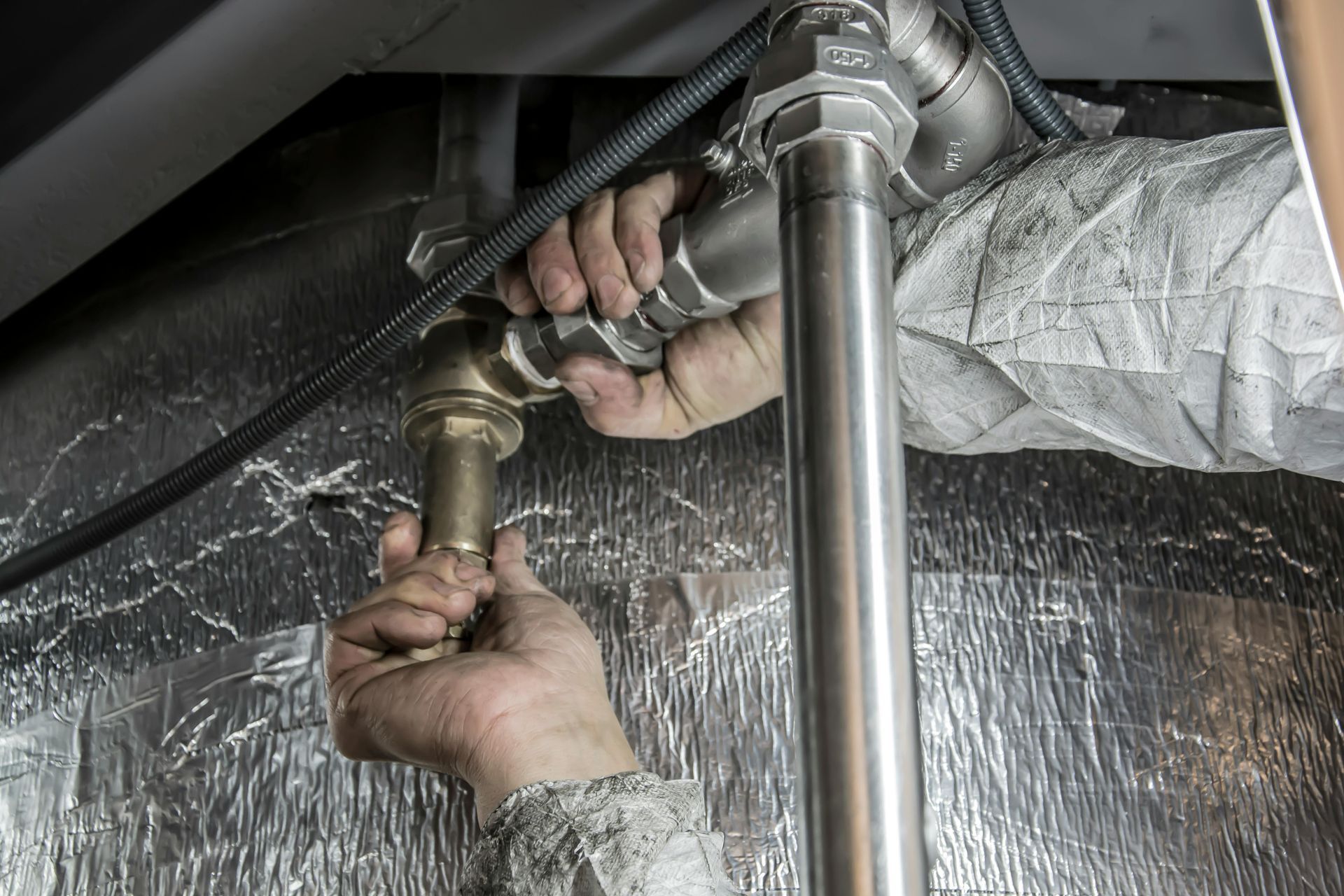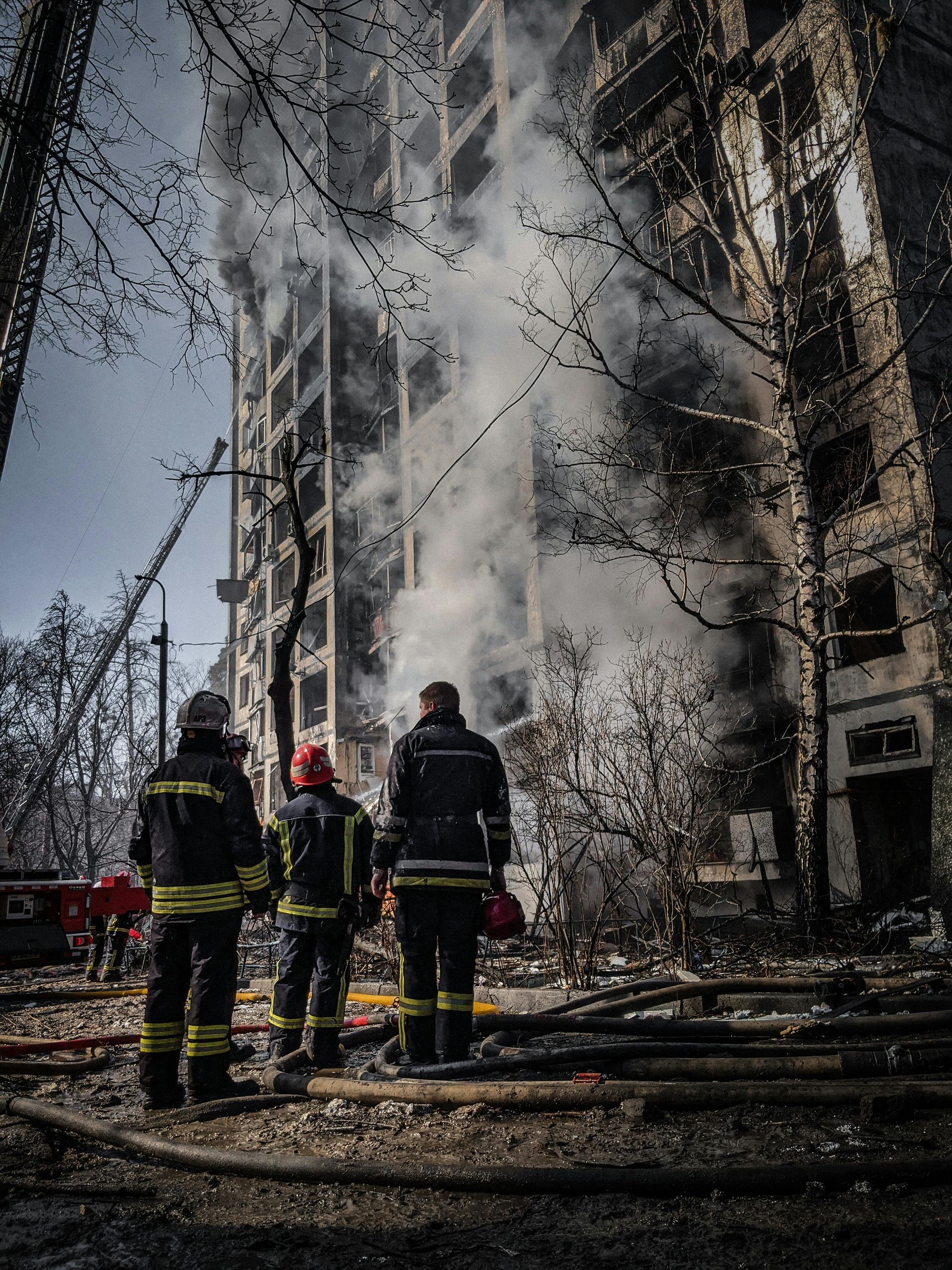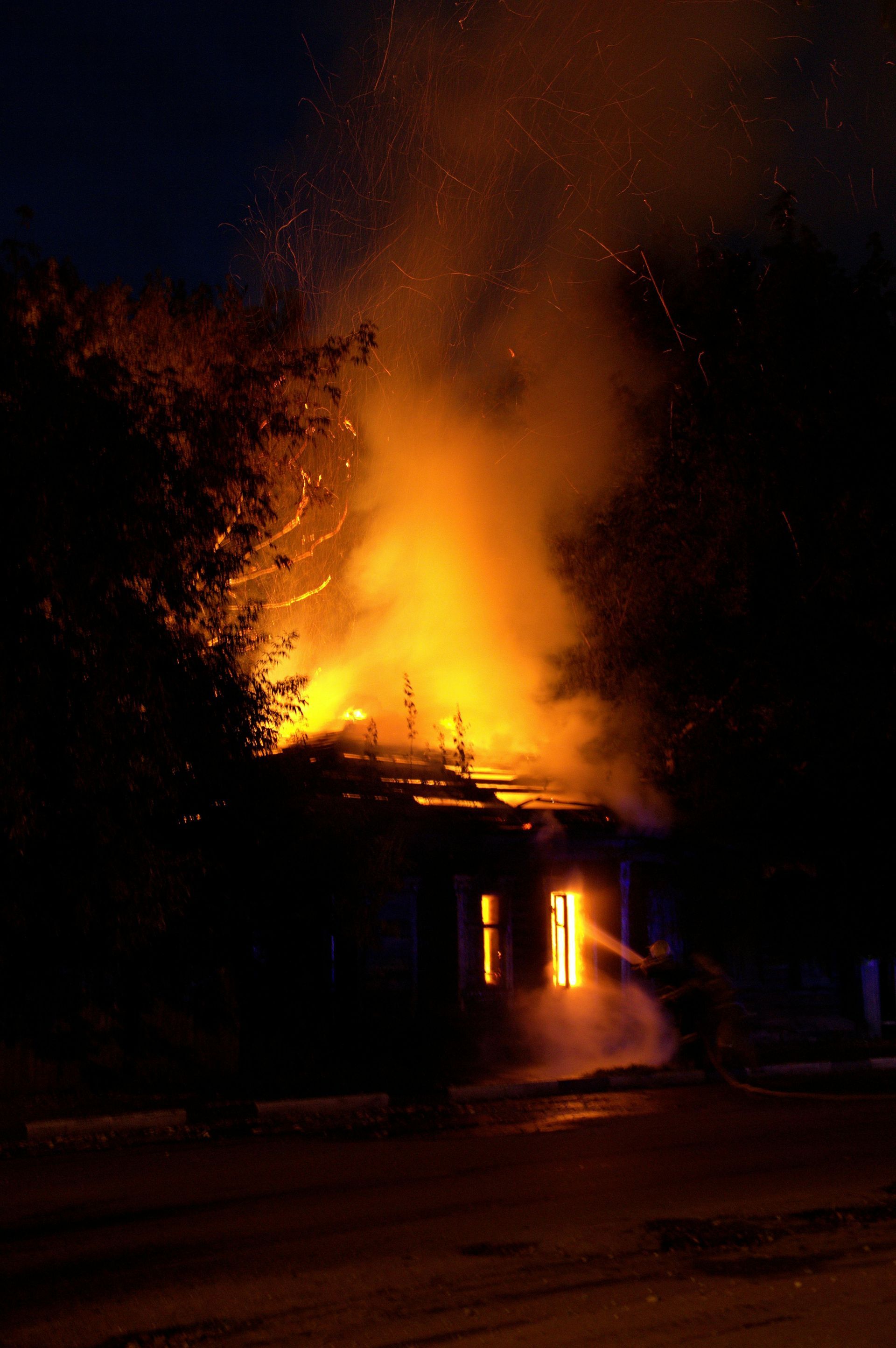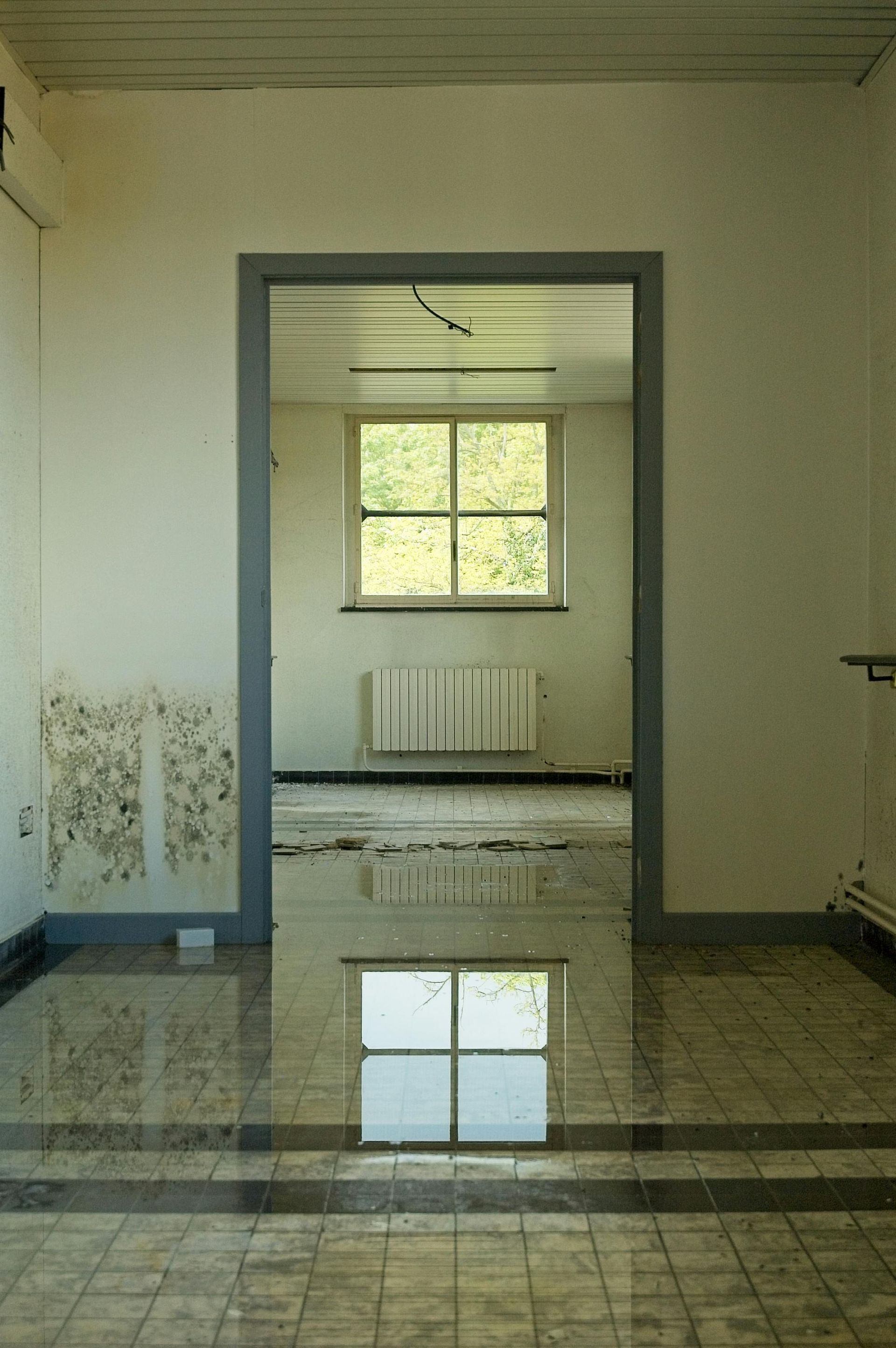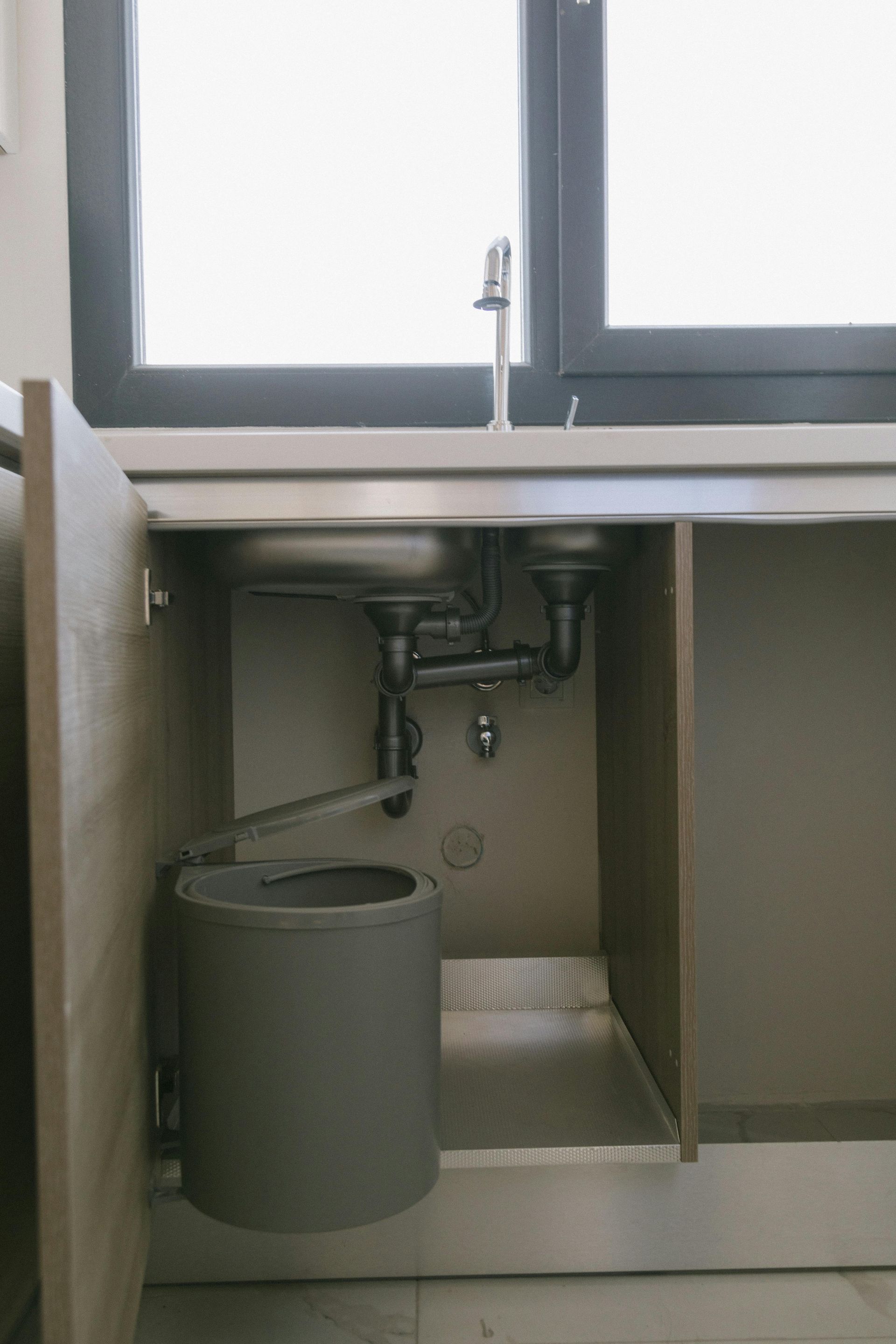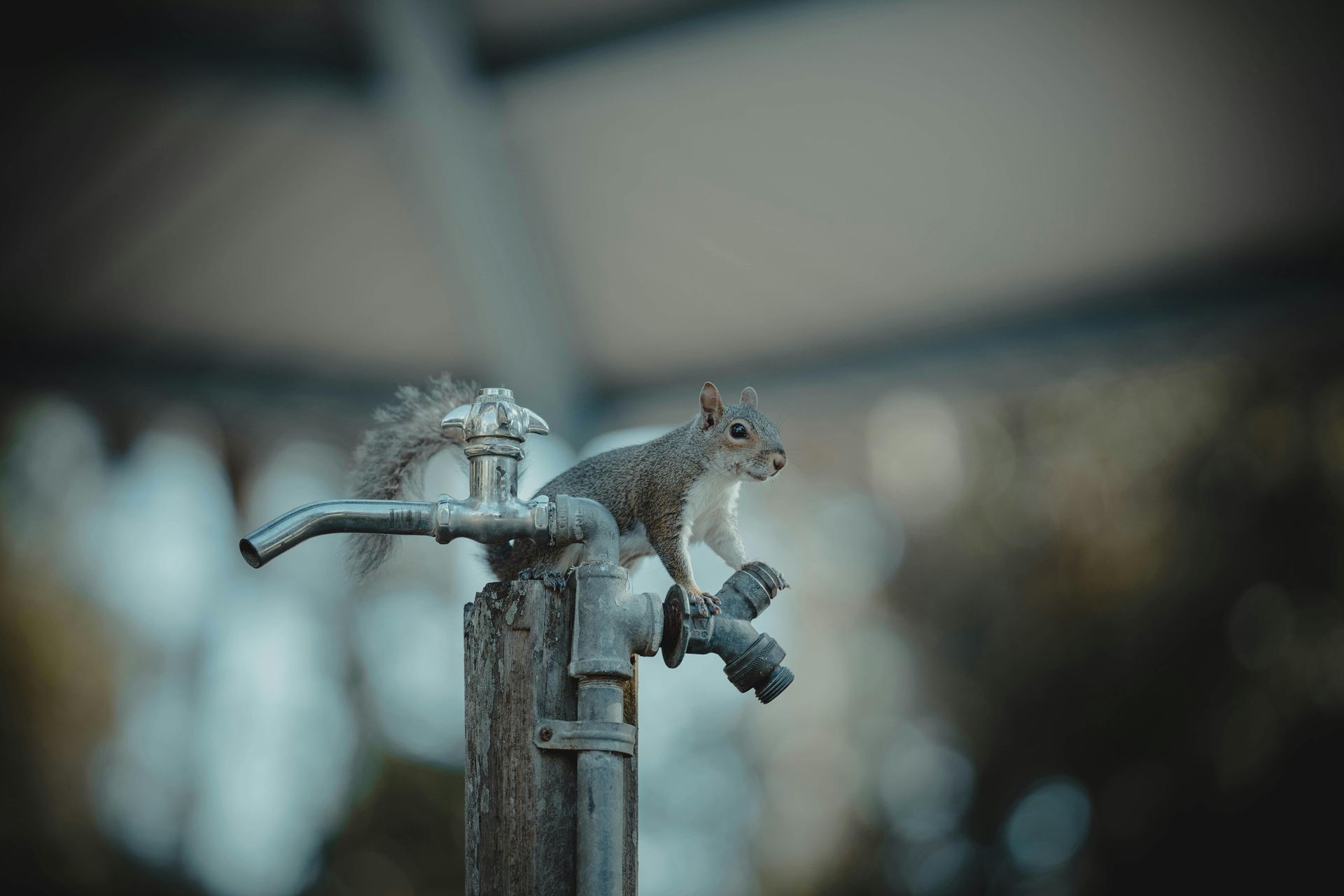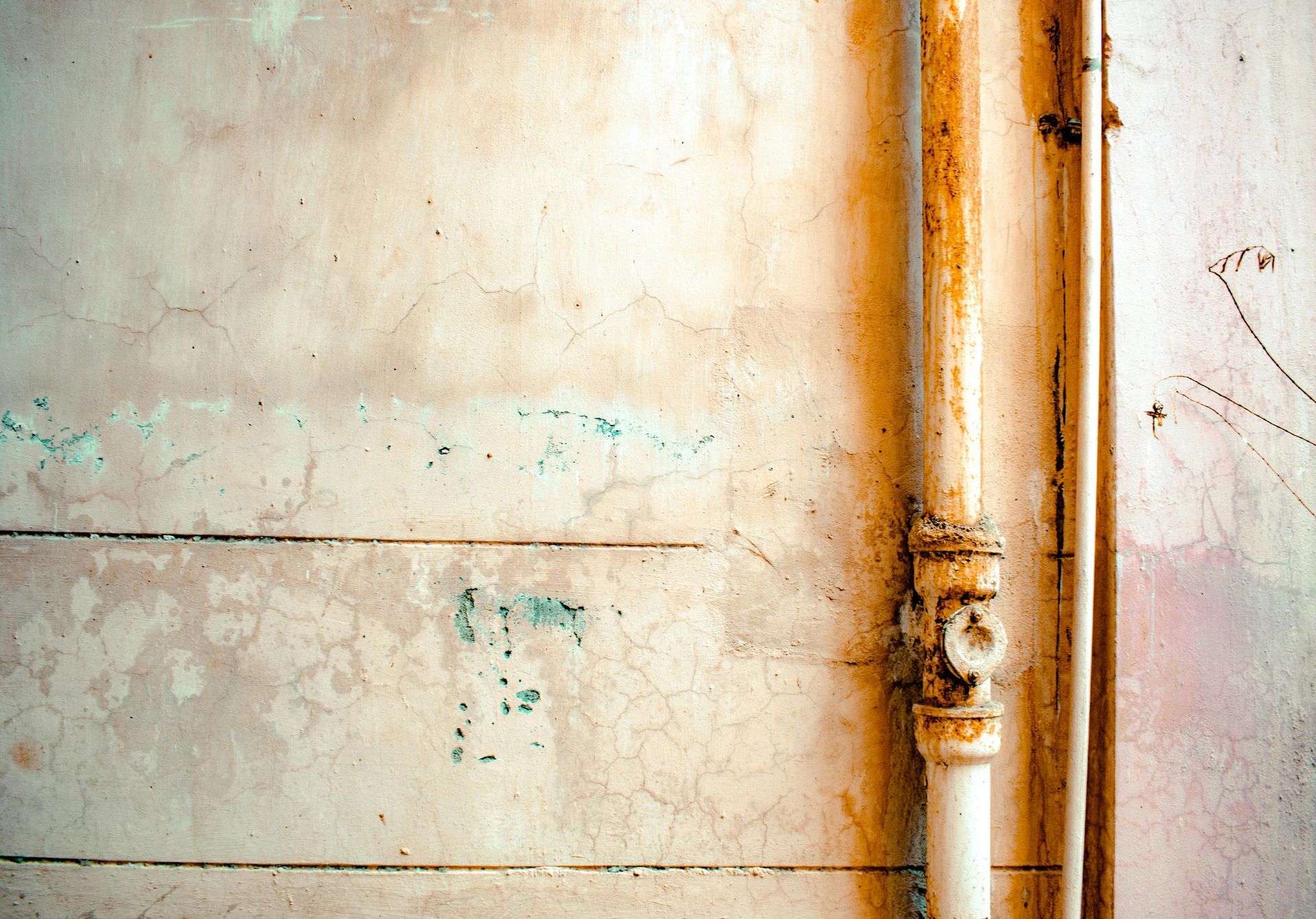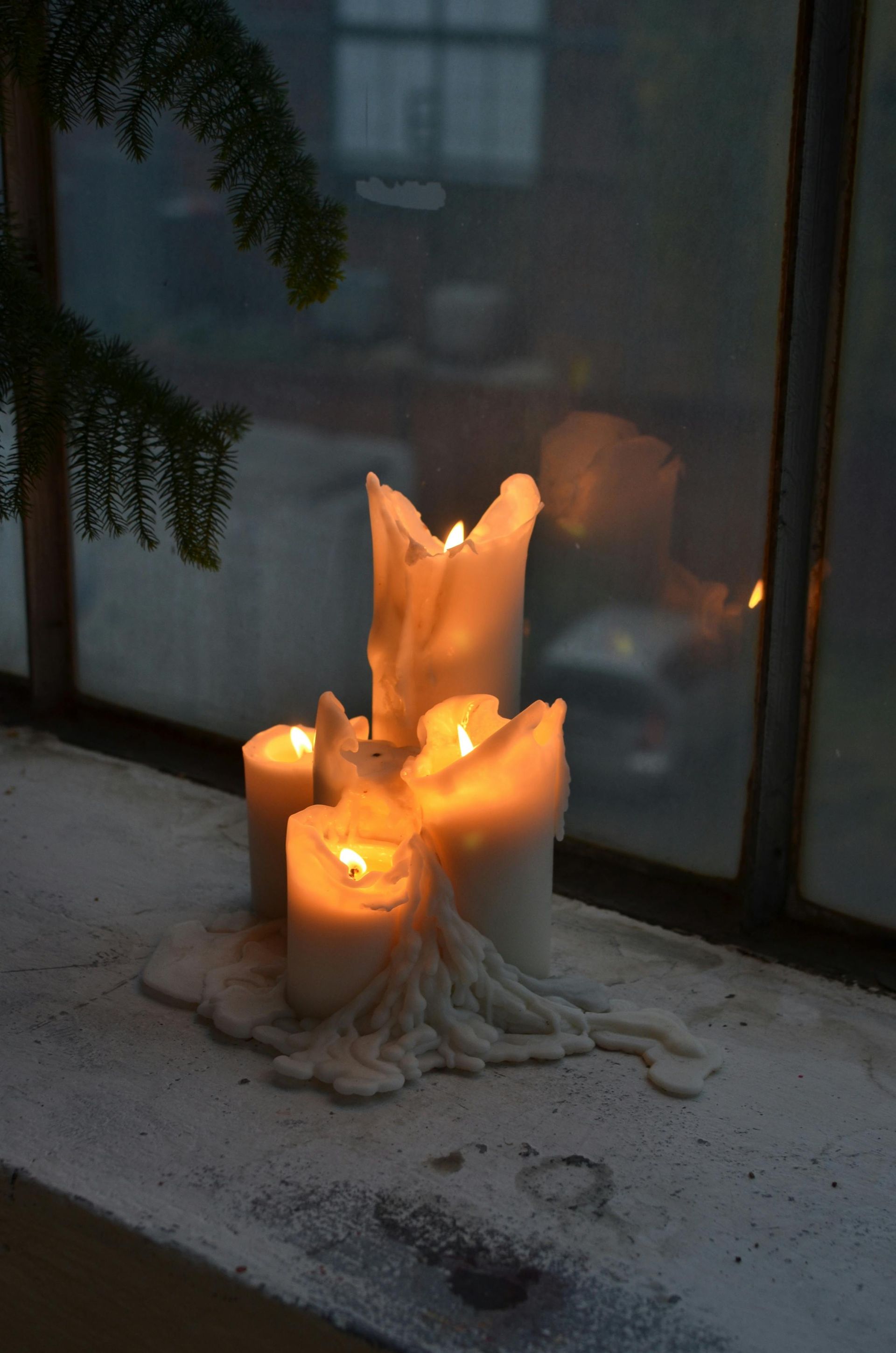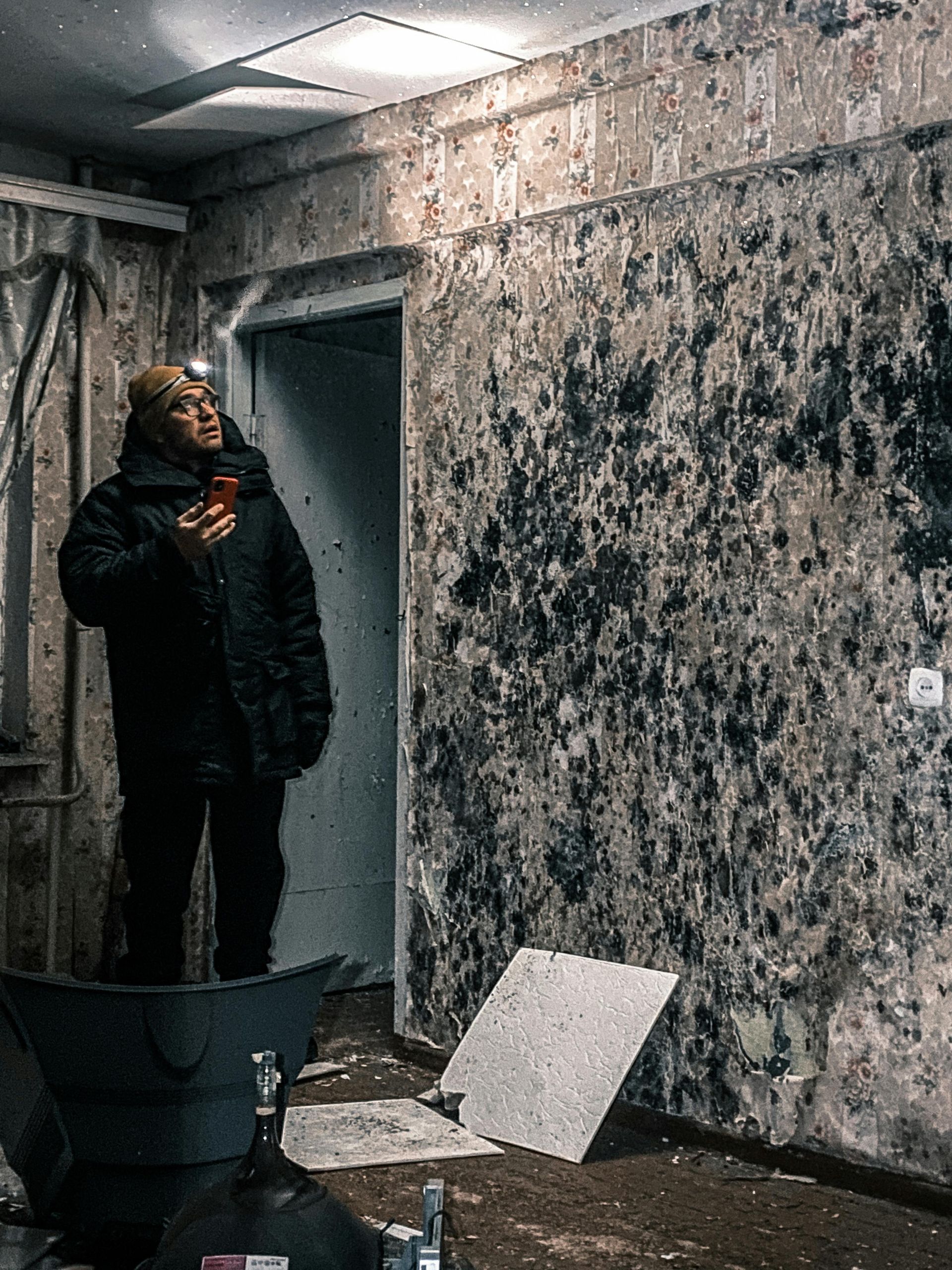asoria@soriainc.com
SERVING THE CENTRAL COAST OF CALIFORNIA
(831) 800-3150
Is your water heater leaking? Here is what to do!
Finding out that your hot water heater is leaking is never a pleasant experience. But this minor emergency doesn’t have to become a major disaster.
Here’s a list of steps you can take to minimize the damage from a leaking heater:
Confirm that it is, in fact, your water heater that’s leaking.
Sometimes looks can be deceiving. If you see a puddle of water under your hot water heater, it’s obvious why your first thought would be a heater leak. But that may, in fact, not be the problem.
If it’s a small puddle, your first step should be to clean-up the water an inspect the heater. Do you see any wet fittings or other signs of leakage from the tank itself? Check your surroundings for other water sources? Maybe there’s a nearby window or pipe that is the actual source of the water you see. Don’t forget about the effect of gravity! If your floor slopes, the water may have traveled from a different source point to the place where it ultimately pooled.
Turn off the water.
If you do have a leaking water heater, the next recommended step is to turn off the water.
Your hot water heater should have its own shut off valve.
If your valve is broken, you may need to shut off the water to your home. If you need assistance, reach out to your local expert professionals.
Cut the power.
Whether you have a gas or electrically powered water heater, your next step is to shut off the fuel source that powers your heater.
A gas tank should have its own dedicated shut-off gas valve. You want to make sure the gas is off so your heater will be safe to work with. If you have an electric tank, you can shut off the power at the breaker.
Try to determine the location and cause of the leak.
Now that the water and power are off, you will be in a better position to assess your situation and try to determine the location and course of your leak:
Check the pipes that connect to your heater for any loose fittings. This may just require quick tightening with a wrench.
- Check your pressure relief valve. If the temperature or pressure is too high, this could be causing valve leaks. Your water heater should be around 120 degrees Fahrenheit and the pressure shouldn’t be over 80 PSI .
- Check the drain valve to make sure it doesn’t need replacing.
- Check the bottom of the water heater itself — it may be that the tank itself is cracked and needs to be replaced.
If you determine that it is your tank that is leaking and the leak is serious, you may want to drain the tank to minimize further water damage.
Hopefully, the leak from your hot water heater hasn’t caused too much water damage. But if you need professional assistance, the restoration pros at Soria Environmental are here to help. We’re equipped to handle any size water damage restoration needed for either residential or commercial buildings.
Just call us any time 24/7 at (831)809-7634
Soria Contracting and Solutions is a leading full-service restoration company in Monterey, Santa Cruz, San Benito, and Santa Clara Counties. Our IICRC-certified team offers 24/7 emergency services for water, fire, mold damage, and biohazard cleanup. With a commitment to excellence and a deep understanding of the complexities of restoration work, we are dedicated to restoring your property to its original condition. Our operations span advanced techniques and state-of-the-art equipment, ensuring efficient and effective solutions. Working closely with insurance companies, we strive to ease the burden on our clients, offering peace of mind during stressful times. Trust Soria Contracting and Solutions for reliability, professionalism, and unparalleled service in restoration.
Lic. #1096921
IICRC Certified:
OUR SERVICES
CONTACT INFORMATION
Soria Contracting and Solutions
1099 Madison Ln, Salinas, CA 93907, United States of America
Salinas: (831) 432-7893
Main: (831) 800-3150
Soria Contracting and Solutions Monterey - Restoration & Remediation Services
801 Lighthouse Ave suite 206, Monterey, CA 93940
All Rights Reserved | Soria Contracting and Solution

